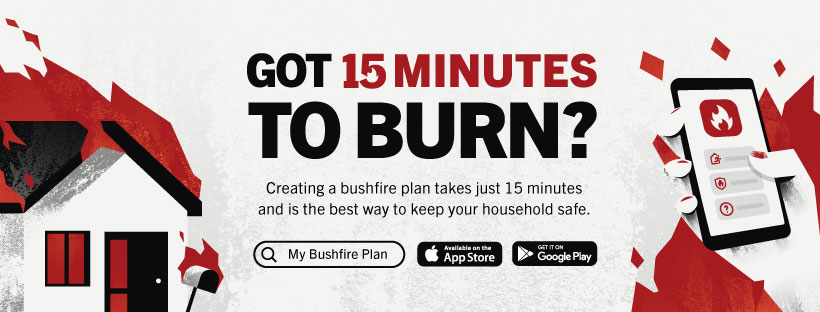prepare
what can you do to prepare?
It’s important to plan ahead for emergency situations, especially if you live in areas prone to natural disasters. It could save you and your family’s life. This website provides you with simple advice and directs you to resources where you can find practical actions to prepare for and cope during a range of emergencies.

